Taliban to start paying overdue salaries of government employees
The Taliban government in Afghanistan says it has begun paying the overdue salaries of all government employees who have not been paid since the group’s takeover of the country in August.
“We are going to start paying salaries from today. We will pay three months' salaries,” the Taliban finance ministry spokesman Ahmad Wali Haqmal said at a press conference on Saturday. He said the payment will be made through the country's banking system.
Haqmal said the government employees will be paid for the period starting August 23, noting that some will also be paid for the month before. He further claimed Afghanistan’s banking system had not been "paralyzed" since the fall of the previous government. "It just needs time to operate normally."
Meanwhile, Meraj Mohammad Meraj, the spokesman for the government's revenue department, explained that the authorities were now able to pay salaries after earning revenues of 26 billion Afghanis (around $277 million) in the past two and a half months. "Only 20 to 25 percent of the economy was operational... Not all sectors are currently operational," Meraj said, adding that the authorities will introduce a new Islamic tax to fund aid projects for poor people and orphans.
In a post on Twitter, another Taliban spokesman, Inamullah Samangani, said the daily revenue collections of the Taliban government had been increasing daily, adding the payment of pensions of retired workers would also resume soon.
Most government employees have yet to return to work and many had not been paid for months even before the Taliban seized power, especially rural workers.
The Taliban, who ruled Afghanistan from 1996 to 2001, took power again on August 15 as the US was in the middle of a chaotic troop withdrawal. The group announced the formation of a caretaker government on September 7. No country has yet recognized their rule. Since then, the Taliban are struggling to contain a deepening economic crisis.
War-ravaged Afghanistan also needs urgent international action to support millions of people struggling with rising hunger and the collapse of services. The Taliban's efforts to stabilize the situation have been undermined by international sanctions, as banks are running out of cash and civil servants are going unpaid.
Western countries have also cut off their aid to the country since the Taliban laid siege to Kabul three months ago, pushing desperate people to the brink of starvation. UN agencies have described the situation in Afghanistan as “one of the world’s worst humanitarian disasters.” Even before the takeover, over 18 million Afghans required urgent humanitarian assistance. The persisting conflict and violence also internally displaced more than 3.5 million people, including some 630,000 uprooted during 2021.
Moreover, billions of dollars in Afghan central bank reserves overseas have been frozen. Nearly $10 billion in Afghanistan's national assets have been held by the US Federal Reserve. Deputy US Treasury Secretary Wally Adeyemo has already ruled out any possibility of allowing the Taliban access to the reserves.
Under the previous government in Kabul, around 43 percent of the country's GDP came from foreign aid, according to the World Bank. Ninety percent of the country's population lives below the poverty line, with an income of less than $2 daily.
South Korean civic leaders demand peace with North
VIDEO | Iran foreign-backed terrorist attacks: Italian diplomats decry US-Israel interference
VIDEO | Israel demolishes UNRWA structures in East al-Quds
VIDEO | Press TV's news headlines
VIDEO | 100+ days of ceasefire: Israeli killing of Palestinians continue amid Intl. silence and impunity
VIDEO | EU split over new Iran sanctions amid claims of double standards
VIDEO | Gaza’s silent plague: Mysterious virus claims lives amidst total medical collapse
VIDEO | Growing transatlantic rift


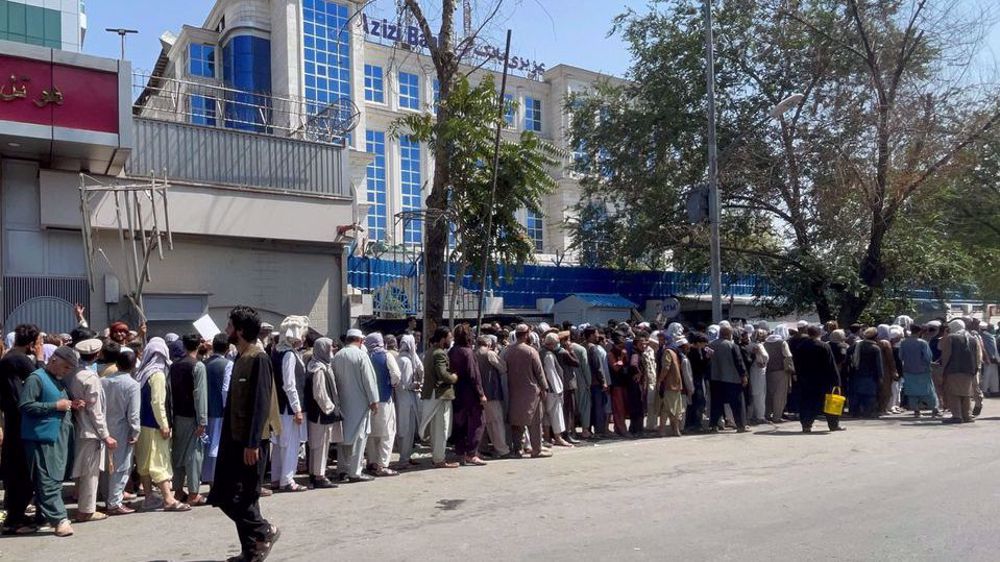
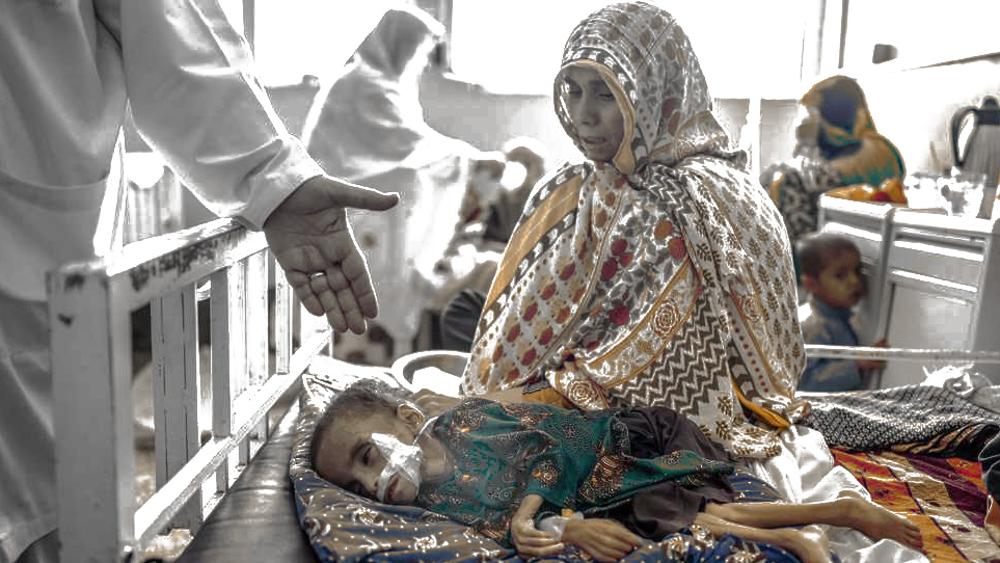
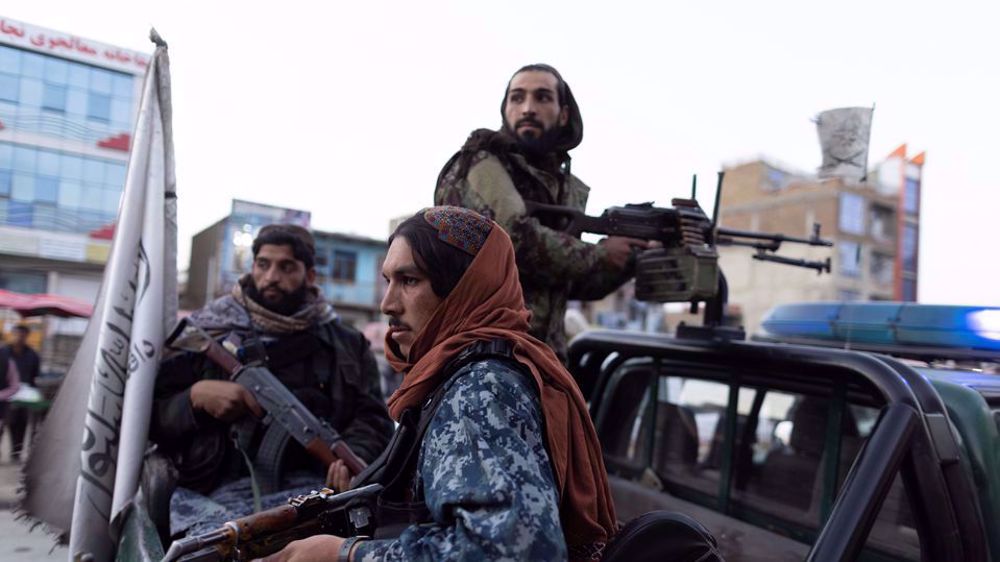

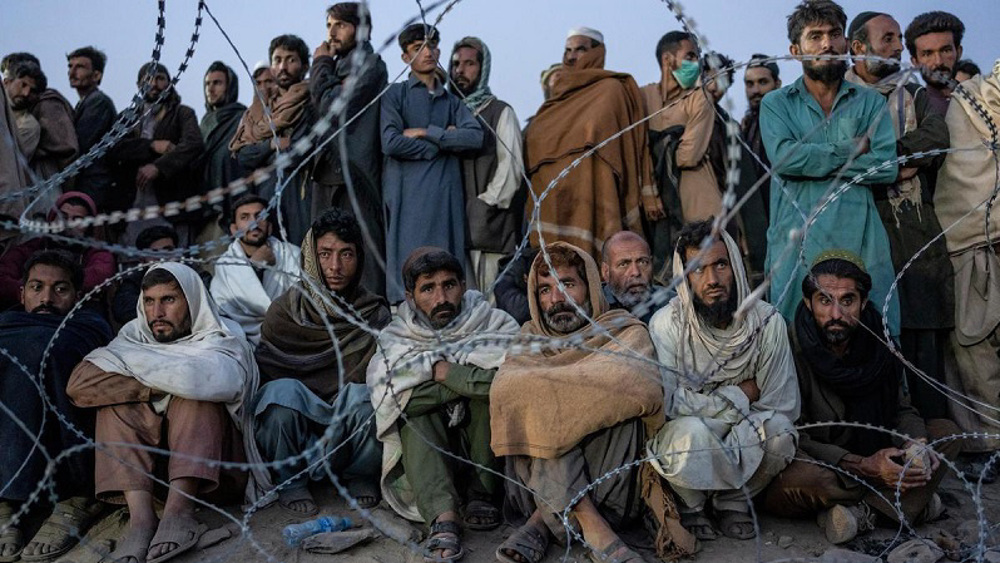




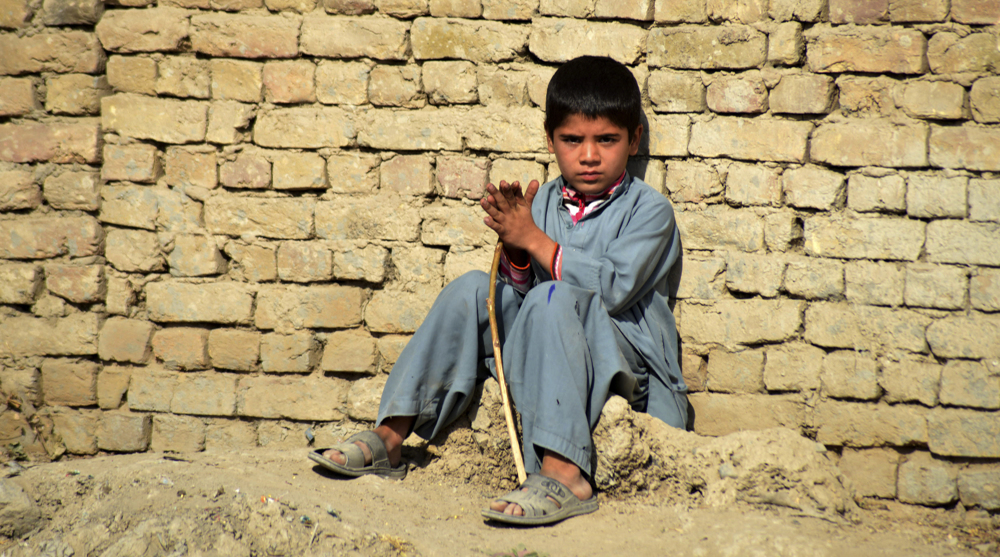
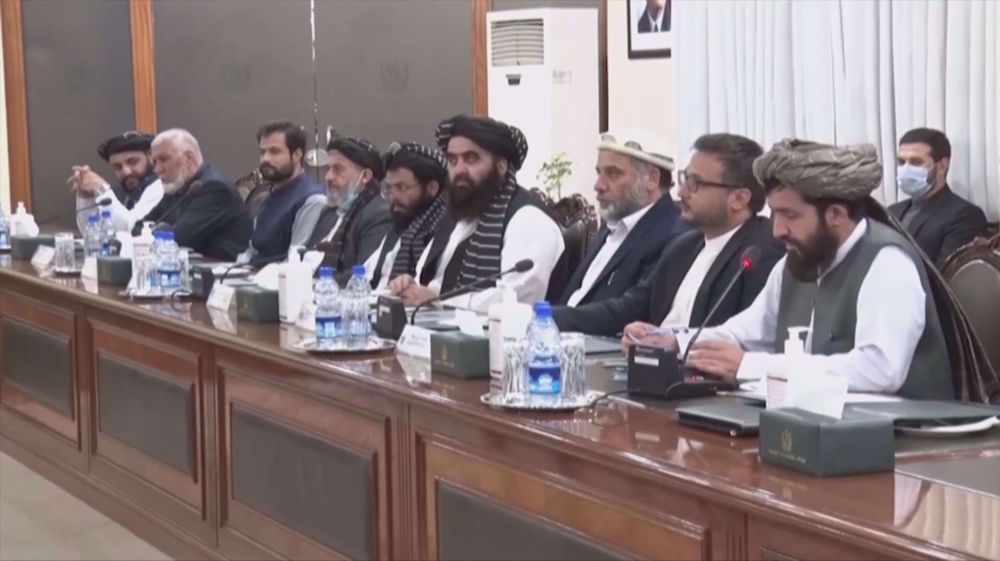


 This makes it easy to access the Press TV website
This makes it easy to access the Press TV website